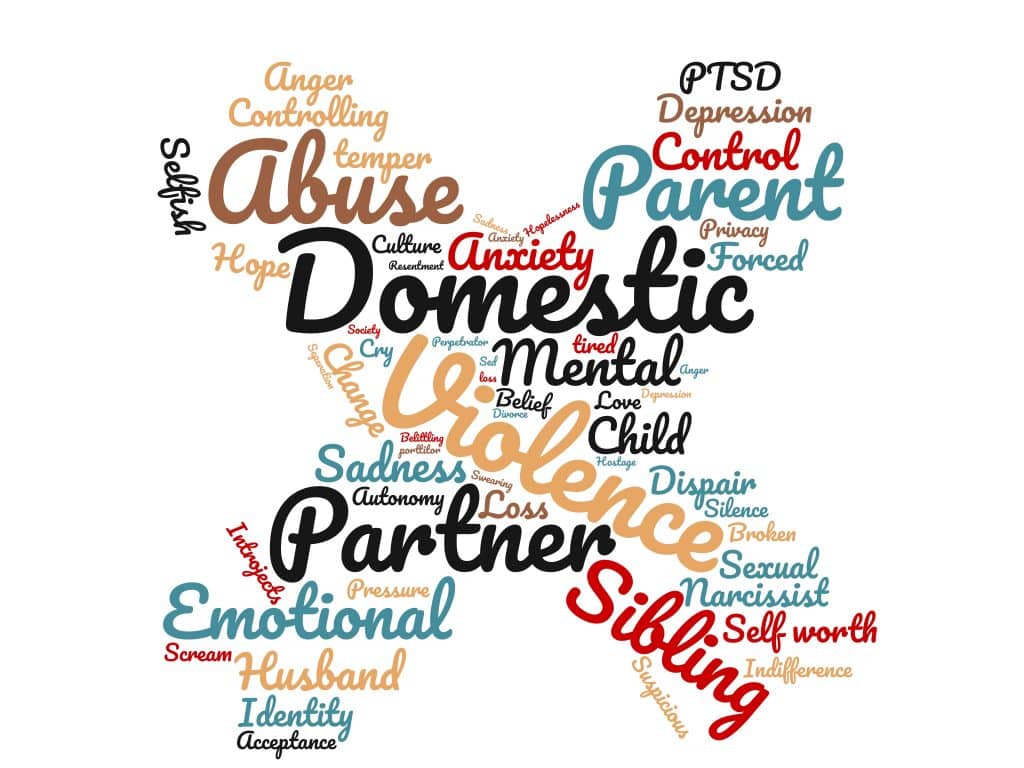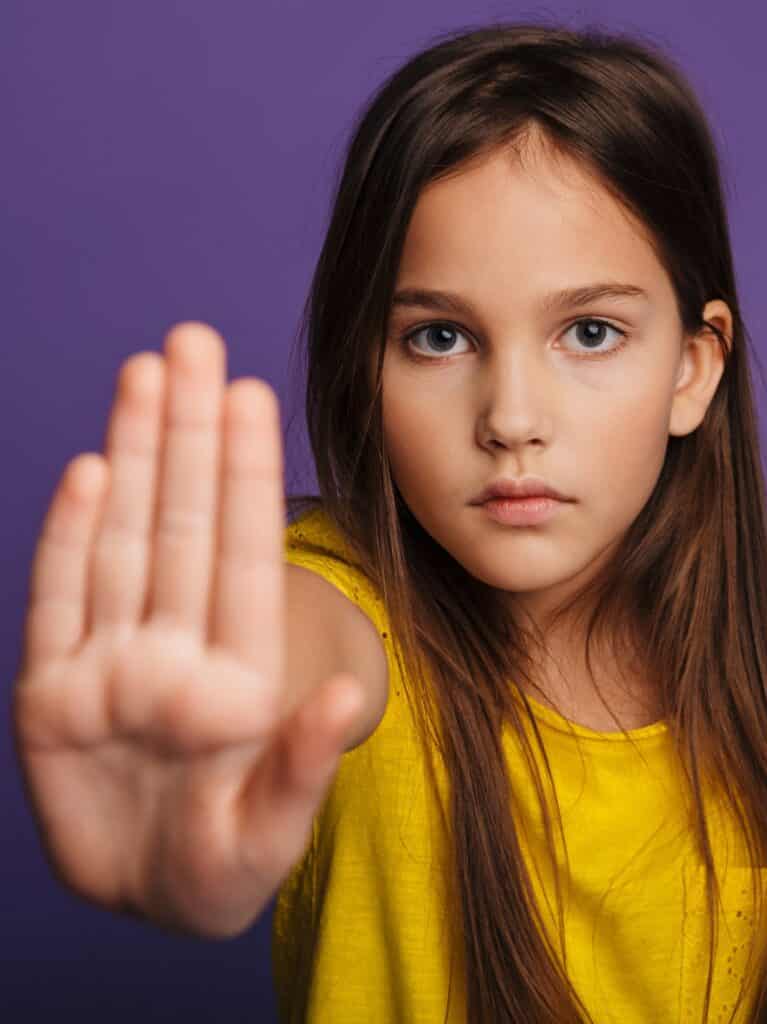Domestic Violence Support
If you are in a family and domestic violence situation and need immediate support,
What is family and domestic violence?
Family and domestic violence refers to ongoing behaviours such as verbal, financial, physical or emotional abuse that intimidates, humiliates, manipulates or controls another person.
It happens when one person in a relationship hurts another or makes them feel unsafe. The abuse does not have to involve physical harm to the body to be considered domestic and family violence.
Family and domestic violence impacts people from all walks of life, including families, women, children, men and LGBTQIA+. It can also happen in any kind of relationship — not just between husbands and wives.

What can family and domestic violence look like?
Family and domestic violence can take many forms, such as:
- hitting, kicking and doing other things that hurt your body
- touching you in ways or places you do not want to be touched
- forcing you to have sex or do sexual things
- saying and doing things that make you feel scared or unsafe
- taking or using your money
- damaging your property
- threatening to harm you or a loved one, including your pets
- saying they will hurt themselves if you try to leave
- sharing private photos or videos of you without your permission
- stopping you from following your religious or cultural practices
- cutting you off from friends or family
- neglecting you, especially if they are your parent, guardian, carer or paid support person
- stopping you from caring for your children
- scaring you by following you, harassing you or refusing to leave you alone
- using the legal system to bully or intimidate you
- stopping you from making decisions about having a baby or other reproductive issues
- stopping you from accessing medical services, including seeing your GP, or
- giving you medicine you do not need or more medicine than you need.
These are only some examples, there are many others. If anyone is making you feel scared, worried or unsafe, it is OK to ask for help.
Who is affected by family and domestic violence?
Family and domestic violence can happen to any person from any country, religion, sexuality, gender, social background or culture.
It can also happen in any relationship, including with:
- boyfriends, girlfriends, husbands or wives
- ex-boyfriends, ex-girlfriends, ex-husbands or ex-wives
- carers or paid support workers
- parents, guardians or other family members
- adult children, or
- other people you live with or see often, whether at home or in the community.
None of these people have the right to hurt you or make you live in fear.
Family and Domestic Violence Support: what can be done?
If you need to escape a family and domestic violence relationship immediately for you and your family’s safety, there are services that can provide urgent support. Call 000 or contact the support services on this page.
Once in a safe environment, those experiencing domestic and family violence need to gain emotional and financial independence to move forward.
Emotional independence is when a victim-survivor regains their self-worth and confidence. Having emotional independence can mean gaining the confidence to seek support, such as legal and government assistance, professional health care services or reaching out and reconnecting with people that can support you.
Being financially independent can take time and often will require planning ahead. Financial independence means learning to have enough money for rent and to maintain a safe place to live, pay bills and transport costs, and to be able to buy food and everyday basic essential needs. For families, this also means being able to independently support the needs of a child or children.

Family and domestic violence support: where to get help
In case of immediate danger call 000 for police assistance. If you or someone you know is experiencing violence or abuse, go to 1800RESPECT or phone 1800 737 732. Whatever your situation, support is available.
The Pathfinders Inverell Women’s and Children’s Refuge provides support, advice and advocacy for women and children who are experiencing or have experienced domestic and family violence.
If you are escaping a relationship involving domestic and family violence and are in the Inverell, Glen Innes and Tenterfield areas, we can provide 24/7 support to access emergency accommodation – call (02) 6722 3502.
Helpline and Support Services
Emergency Services –if you or someone you know needs emergency assistance from the police, ambulance or fire department, call 000 at any time.
Inverell Women’s and Children’s Refuge is available 24 hours a day, 7 days a week. Staff can assist with domestic and family violence support and safe accommodation in the Inverell, Glen Innes and Tenterfield areas.
Domestic Violence Line is available 24 hours a day, 7 days a week. Trained female caseworkers provide counselling information and referrals for people that are experiencing or have experienced domestic and family violence. Staff are culturally sensitive and can provide support to people who live in rural and remote communities.
MensLine Australia is available 24 hours a day, 7 days a week, and provides free counselling support for men with concerns about mental health, anger management, family violence, addiction, relationship, stress and wellbeing.
Webchat at www.mensline.org.au
1800 Respect is a national family and sexual violence counselling service available 24 hours a day, 7 days a week. They provide counselling and information by phone or webchat via the website.
Webchat at www.1800respect.org.au
Victims Services can help people recover from the psychological and emotional impacts of a crime and assist to pay for things needed to ensure safety and recover lost earnings after a violent crime. This may include access to counselling and financial support.
Aboriginal Contact Line: 1800 019 123 (9am to 5pm, Mon-Fri)
Link2Home is a state wide telephone service available 24 hours a day, 7 days a week, providing homelessness information, assessments and referrals for people in a state of crisis with nowhere safe to stay.
